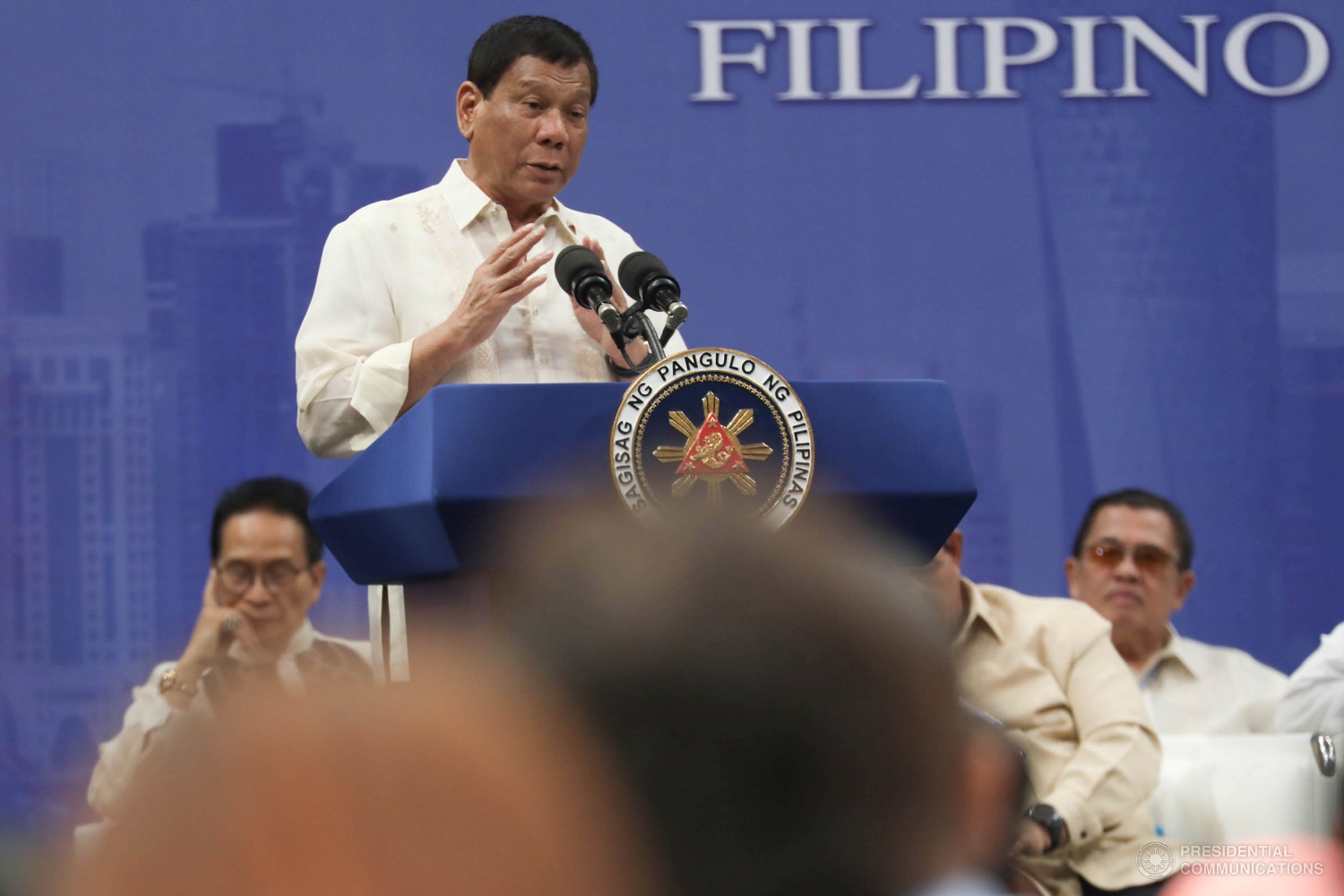
MANILA—President Rodrigo Duterte’s promise to end the so-called “endo” – the practice of continuous job contractualization of workers – is becoming a reality with almost 46,000 workers regularized since the start of the administration, Malacañang said Thursday.
In a Palace briefing, Presidential Spokesperson Ernesto Abella said ending “labor only” contracting is a fulfillment of the campaign promise of President Duterte as he cited a Department of Labor and Employment (DOLE) report showing that 45,605 contract workers has been given regular positions from July 2016 to March 2017.
“The President’s campaign promise to end the contractualization has become a reality,” Abella said.
He specifically pointed out DOLE’s Department Order 174 as proof of the Duterte administration full commitment in ensuring that Filipino laborers’ rights are sufficiently protected.
“To support measures in abolishing illegal contractualization practices, DOLE has recently issued Department Order No. 174 on contracting and sub-contracting. It authorizes labor groups along with labor compliance offices to review establishments and observance of existing labor laws and regulations,” Abella said.
On March 16, DOLE issued DO 174 after months of consultations with both labor and management.
A DOLE statement said DO 174 supersedes DO 18-A, which “was oftentimes circumvented to allow various forms of contractual arrangements and end-of-contract schemes.”
The order totally bans labor-only contracting.
It also prohibits the following labor practices:
— When the principal farms out work to a “cabo,” a person or group under the guise of labor organization or cooperative supplies workers to an employer;
— Contracting out of job or work through an in-house agency; contracting out of job or work through an in-house cooperative which merely supplies workers to the principal;
— Contracting out of a job or work by reason of a strike or lockout whether actual or imminent; contracting out of a job or work being performed by union members and such will interfere with, restrain or coerce employees in the exercise of their rights to self-organization;
— Requiring the contractor’s/subcontractor’s employees to perform functions which are currently being performed by the regular employees of the principal;
— Requiring the contractor’s/subcontractor’s employees to sign, as a precondition to employment or continued employment, an antedated resignation letter; a blank payroll; a waiver of labor standards including minimum wages and social or welfare benefits; or a quitclaim releasing the principal or contractor from liability as to payment of future claims; or require the employee to become member of a cooperative;
— Repeated hiring by the contractor/subcontractor of employees under an employment contract of short duration;
— Requiring employees under a contracting/subcontracting arrangement to sign a contract fixing the period of employment to a term shorter than the term of the service agreement, unless the contract is divisible into phases for which substantially different skills are required and this is made known to the employee at the time of engagement; and
— Such other practices, schemes or employment arrangements designed to circumvent the right of workers to security of tenure.
Following its issuance, Malacañang said that DO 174 “is a major step in upholding and protecting the labor rights of our great Filipino workers” and all parties to ensure the proper implementation of the order.
“The Duterte administration is working very hard to promote more humane conditions and fair and just treatment of workers in the work place. We guarantee the proper implementation of this department order by our labor officials and expect the full cooperation from the employers,” Abella said at the time.
And now with almost 46,000 regularized laborers and counting, the Palace Spokesman assured that the Duterte administration would not waver on its commitment to end “endo” once and for all.
“We remain committed to provide stable and secure jobs for the Filipino people,” Abella said.